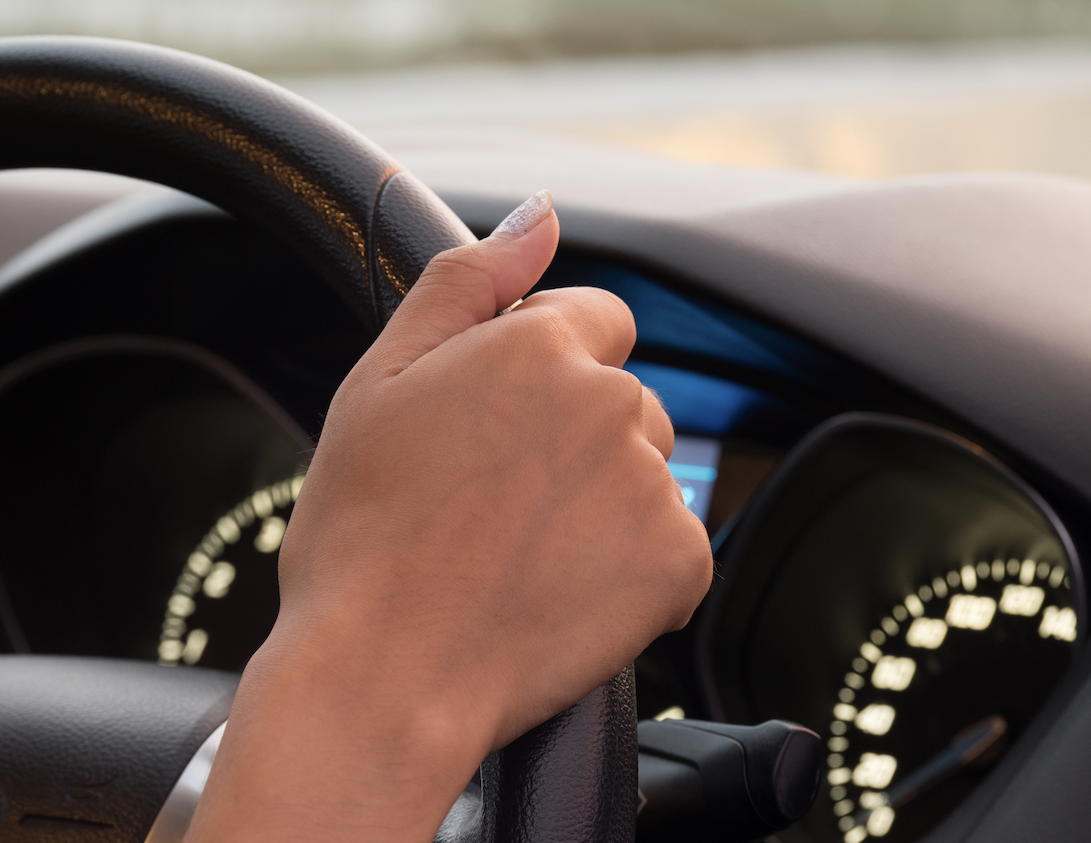As we age, driving will become more challenging with slower reflexes and possible medical conditions that can affect reflexes and eyesight. It would help if you remained open to continual learning when it comes to driving when you are ageing, as this will ensure that you stay safe and sound on the road for yourself and the safety of others.
Licence regulations
At the age of 70, you will be asked to renew your driving licence every three years, this is called self-regulation, and it is the driver’s responsibility to declare any health or eyesight issues to the DVLA that may affect your driving. If you do not report any issues and find yourself embroiled in a collision, you could be prosecuted, even if the accident was not your fault.
Health and eyesight
It is wise to have an eyesight and hearing check before renewing your licence and chat with your doctor if you feel that you have any concerns. This could be anything from stiff joints or arthritis affecting your driving and reflexes. Any health issues that involve not being able to turn your head easily or trouble reaching any vehicle controls or pedals will affect your driving abilities, so it is crucial to have these checked before renewing your licence.

Concentration and reaction times
As we age, we tend not to drive as much, and the lack of driving itself can add to concentration and reaction timings. Processing new information may be more challenging than it once was. Driving for extended periods may be more stressful, especially if an unexpected journey or driving in a new area is on the cards. If you feel that your driving is being affected by any of these issues, then it is wise to chat with your doctor, as there may be underlying conditions that make driving more challenging than it was.
Poor memory
Most driving is carried out almost automatically without much thought. Still, if you struggle to remember road signs and speed sign meanings, then it is vital to refresh your memory and perhaps take extra training. This will ensure that you understand and retain all information and the new regulations for roads and motorways, especially smart motorways. It is always wise to keep a recent copy of the Highway code to keep up with any new highway regulations. Remember that not every road has a speed sign visible, so it is essential to know and understand road markings, as these will explain the speed of the route you are travelling.
Prescription Medicines
Many medications can be used when you are ageing, and some can affect your reaction times when driving. It is very important to let the doctor know that you still drive. If any medication affects your driving, you must stop until your doctor advises you otherwise. Once the course of medication is finished, you should be able to drive without worry – but do check. If the instructions with the medication show that driving could be affected, then it is your responsibility not to drive while taking them. Any concerns regarding medications should be talked over with your doctor. Insurance claims have been cancelled due to not declaring certain medicines to the DVLA.
New circumstances
There are many reasons that driving can be extra stressful for mature drivers, especially if, for example, a partner has been taken ill and the driving is now down to the driver who was secondary in the relationship when it comes to driving. If you have moved house or will be driving in a new area, or even driving grandchildren around, all these can be a worry for you and the family. A short mature driving assessment can increase your confidence and show friends and family that you are safe on the road.
When we age, we need to make many adjustments, from new glasses to a full MOT with the doctor, but it shouldn’t stop us from many years of safe driving. Many advanced driver courses are taken because of a lack of confidence that has crept up over the years, and we have had great results helping many keep their driving licence longer. Don’t let your own lack of confidence stop you from driving. It can be very worthwhile to look at extra training. If your licence has been suspended while taking medication or awaiting operations, you should be able to drive once these are over, but it is still essential to have the OK from the doctor to start driving again. If you are in this situation and have not driven in a while, for example, after a cataract operation, then it is wise to take a driving course to renew your confidence.

